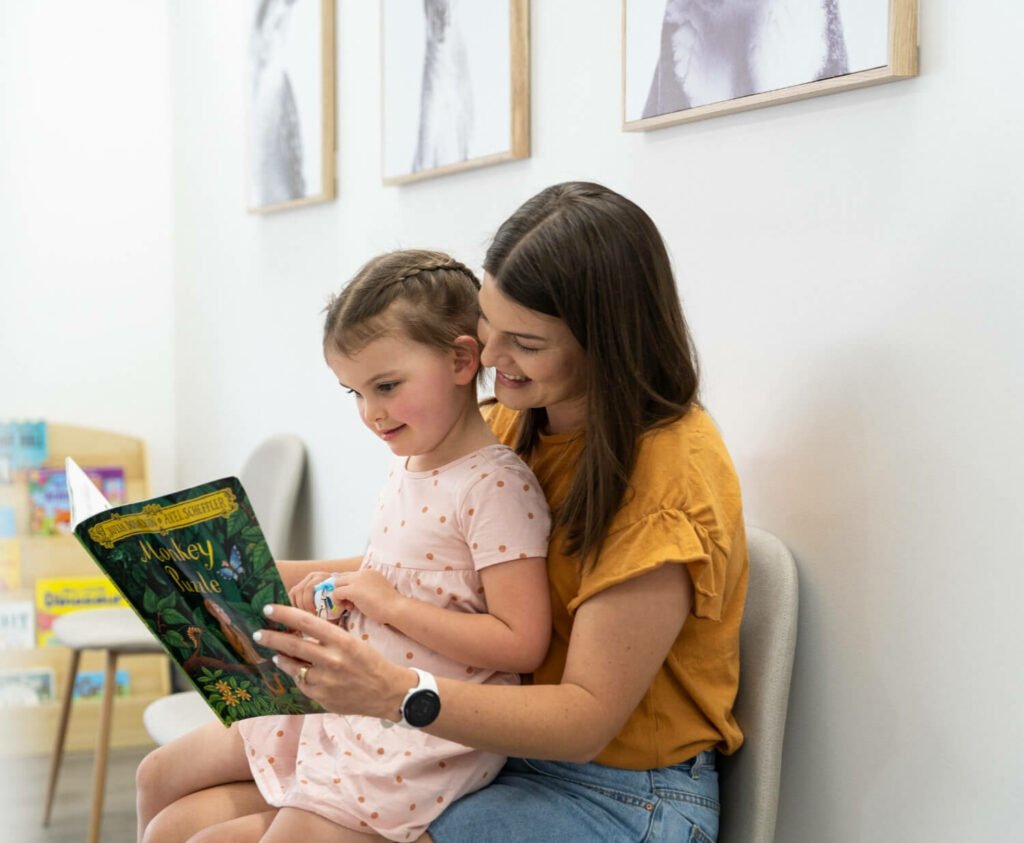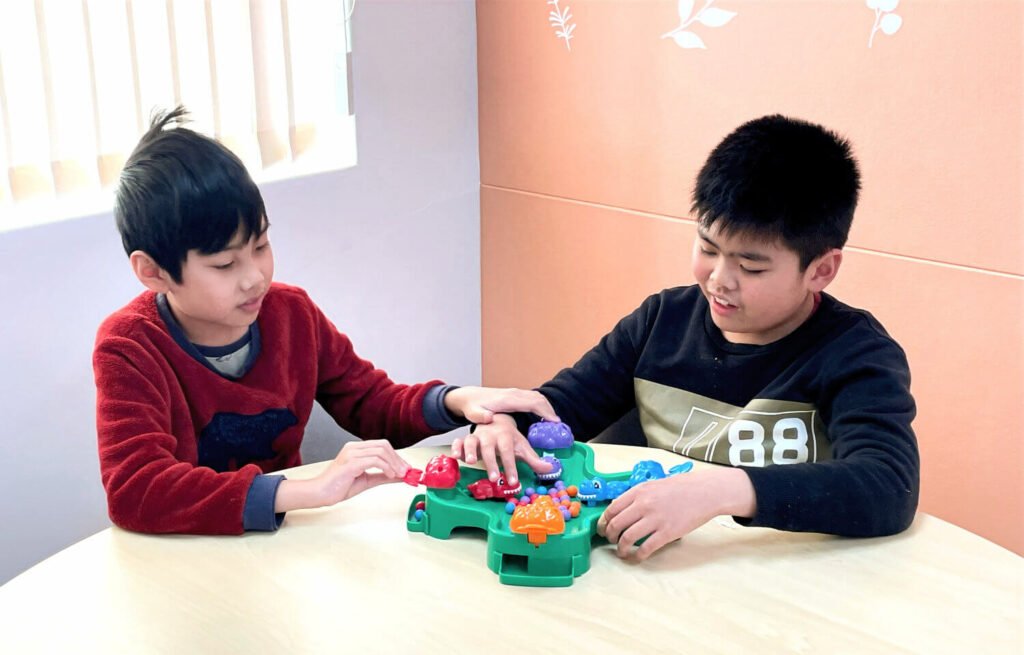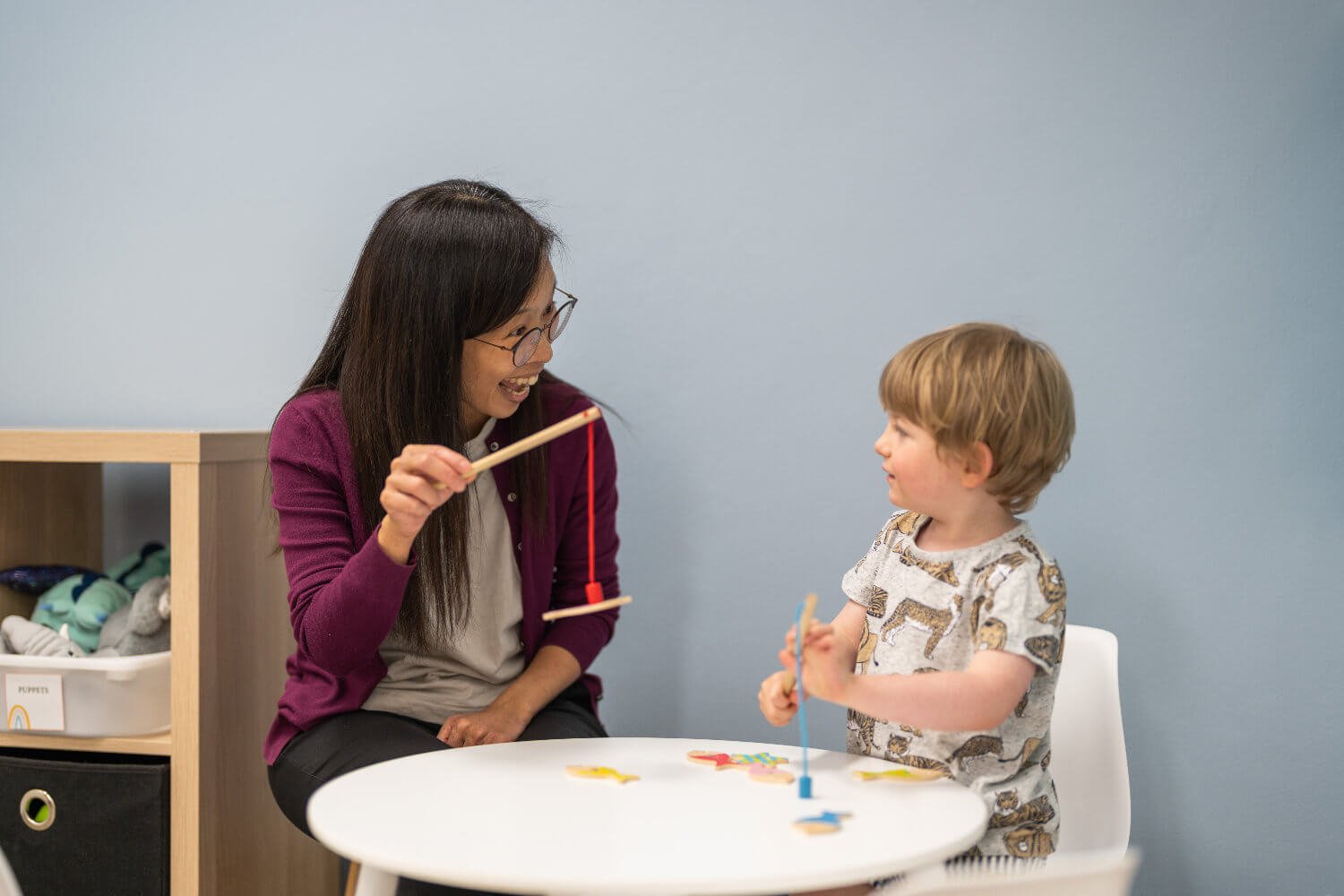Did you know that one in four Australians were born overseas and roughly four million Australians speak a language other than English?
Parents often ask about the pros and cons about raising children bilingually, or even multilingually. It can be challenging when the home language is not the same as the societal language (e.g. language spoken at school). Parents often find it difficult to preserve the home language especially when the child begins attending preschool.
Why persevere?
Bilingualism is using two languages to communicate. Some benefits of being bilingual include being better at learning new words and reading skills, listening to others and connecting with others.
Some children may lose their home (native) language as they don’t use it as much. This is also because an emphasis is placed on the societal language, the language used at school and in the community. It is important to preserve the home language even after children enter school as it can provide cultural identity and for some, the home language forms the bridge between family members.
Will learning two languages overload my child?
Research shows that bilingualism itself doesn’t cause language delay. Children learning two languages may mix words and phrases from two languages, or for some, may go through a ‘silent’ period when they are exposed to a new environment where others speak a second language. The good news is that this is a normal process and we learn from research that it will pass.
For some children who may have learning difficulties and developmental delays, there have been misconceptions that parents from bilingual backgrounds should only focus on the language of the society and avoid speaking the home language. This advice is based on incorrect belief that learning two languages will overload children with learning difficulties. Research evidence shows that children with Down Syndrome, autism spectrum disorders, dyslexia and developmental language disorder can become bilingual speakers and readers.
Strategies to preserve the home language
Start talking from day one
Talk to your children in your home language from birth
Stick to one language at a time
Parents should avoid mixing two languages when interacting with their child in order to provide a better language model. (Yet, it is normal for your child to mix languages when they are learning two languages)
Talk about everything
Create language opportunities in daily activities such as dressing, cooking, craft, bath times. Make lots of comments and minimise asking questions
Engage your child’s interests
Use interesting books and fun toys to engage your child, start with simple words and then build towards sentences . Nursery rhymes and songs are great to begin with for young toddlers
Play with peers
Organise play dates with other children who speak the same home language
Utilise media
Watch cartoons and movies in your home language with your child
Increase praise
Provide lots of praise and encouragement when your child makes an attempt to speak the home language.
Sources
- ASHA – Learning Two Languages
- IALP – Common questions by parents and caregivers of Bilingual Children and informed, evidence-based answers
Ann Chan
Bilingual Speech Pathologist





